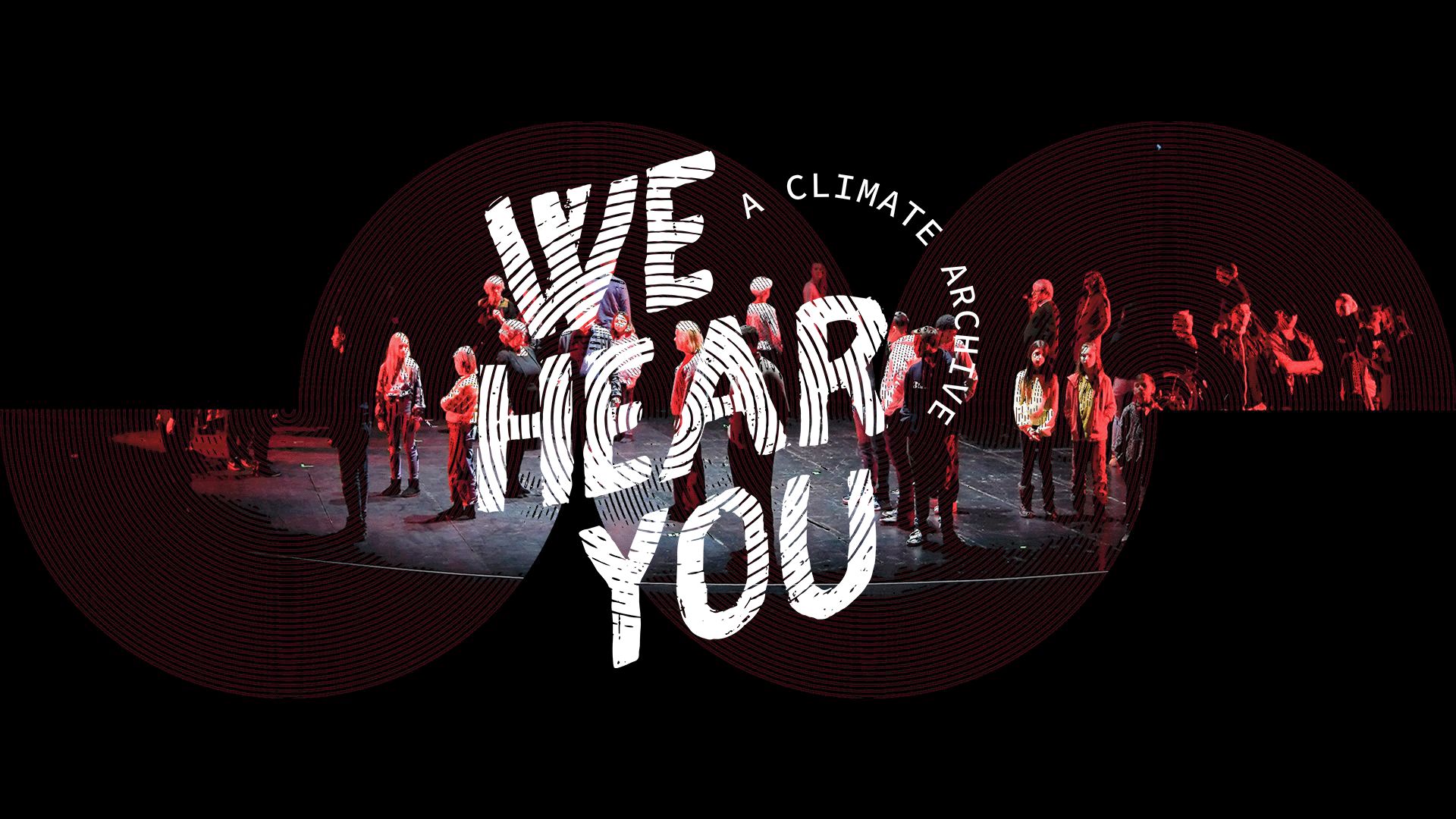Taiye | He/Him
Graveyard
Ogoniland, Nigeria
Mangroves
Session 6: February 24, 2023
Can you hear me? OK. Hello everyone.
Just to recap, my name is Taiye Ojo, and I’m a Nigerian eco-activist and writer who uses poetry as a tool to hide my frustrations with society. For a couple of months, I’ve been involved in series of art projects engaged in ideas of ecology, place-making, migration and the effects of climate change (e.g. subsidence in coastal communities); nevertheless, my creative praxis is specific to a geography, or community (and in this case, a particular marginalized community). This place provides fuel for the carbon bloodstream of our society and yet is so forgotten and ignored by those of us who live in the metropolis. The name of this place is Ogoniland.
To begin with, Ogoniland was once an ecological sanctuary. It was a living place for all kinds of animals and plants: the likes of lions, elephants, even lizards and ancient rainforests. But today, the mangroves, the creek and rivers have become an open graveyard for the fishing communities and their livelihoods.
As a poet, I try as much as possible to reiterate or create awareness of the issues that marginalized communities in the Niger Delta face, so that people can be aware that, in the past, this place prided itself on the variety of crops and seafood it produced. The local economy was tied to the richness of the natural environment (which includes the mangroves, fertile farmland and the creeks).
My role as a writer-cum-storyteller is to bear witness to the intensity of destruction in this ‘zone of sacrifice’ (and even though it has been a victim of big oil, corruption, and pollution, Ogoniland remains one of the most beautiful places on earth). The aim is to give a voice to those who are silenced by the dominant narrative, offering alternative ways of thinking about historical events or traumas, whilst imagining a new positive future, as well as stimulating public dialogue and healing our collective body.
Finally, here is a poem that wishes to point out that a moment of crisis can also be an opportunity for us to change our perspective:
CLIMATE APARTHEID
I live in a blanket of smog,
At times my heart turns into bells.
When I say we’ve lost it, I am referring
to the future – home is falling apart,
the blue beautiful world my mother
left behind needs our help. When I say
I am self-flagellating, I mean my mouth,
my teeth, my tongue – the scrubland
is changing. How tricky this makes
the word drought. And our lazy elders
still gather all its argument for polite
emissions. Listen – memory dims,
and the past becomes a pentimento –
like a scene, a kind of snapshot,
a photograph in my head, where
my extended family, are all smiling
and they are not even the ones who
survived the flood.
This is my story. Thank you!
Taiye is a Nigerian eco-artist and writer who uses poetry as a handy tool to hide his frustration with society. His practice is collaborative and often draws from personal experience or interpretation of climate change, homelessness, migration, as well as a breadth of transversal issues ranging from racism to black identity and mental health. His current project explores neocolonialism, institutionalized violence, and ecological trauma in the oil-rich, polluted Niger delta.

